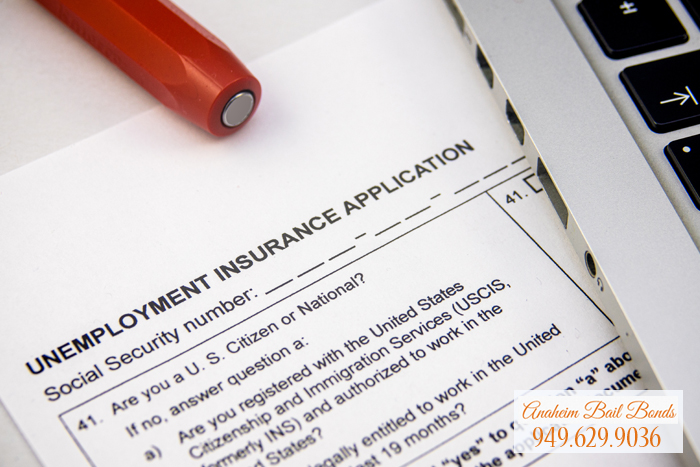The Reality of Unemployment Fraud
 Unemployment fraud isn’t new. There have been instances of it dating all the way back to when the system for helping people stay financially solvent after they suddenly lost a job was first created.
The high number of people who were forced to claim unemployment benefits when the COVID-19 pandemic struck the United States, combined with some unexpected unemployment bonuses the government instituted in an attempt to keep the economy running has triggered an interest in unemployment fraud.
Loree Levy, a spokesperson for the California Employment Development Department, recently confirmed that the state is on the lookout for people who are committing unemployment fraud. "We certainly have legitimate PUA claims in California, but we do suspect that a big part of the unusual recent rise in PUA claims is linked to fraud." (source)
Levy’s department released a press release the addressed the issue. “These perpetrators are often using stolen identity information from national and global data breaches, as well as exploiting expedited payment efforts in the federal PUA program," the release stated. (source)
In California, you can be charged with unemployment fraud if it’s believed that you knowingly supplied inaccurate information to obtain unemployment benefits you aren’t entitled to. Even if you’re application isn’t approved, you can be charged with unemployment fraud.
Examples of unemployment fraud include:
Unemployment fraud isn’t new. There have been instances of it dating all the way back to when the system for helping people stay financially solvent after they suddenly lost a job was first created.
The high number of people who were forced to claim unemployment benefits when the COVID-19 pandemic struck the United States, combined with some unexpected unemployment bonuses the government instituted in an attempt to keep the economy running has triggered an interest in unemployment fraud.
Loree Levy, a spokesperson for the California Employment Development Department, recently confirmed that the state is on the lookout for people who are committing unemployment fraud. "We certainly have legitimate PUA claims in California, but we do suspect that a big part of the unusual recent rise in PUA claims is linked to fraud." (source)
Levy’s department released a press release the addressed the issue. “These perpetrators are often using stolen identity information from national and global data breaches, as well as exploiting expedited payment efforts in the federal PUA program," the release stated. (source)
In California, you can be charged with unemployment fraud if it’s believed that you knowingly supplied inaccurate information to obtain unemployment benefits you aren’t entitled to. Even if you’re application isn’t approved, you can be charged with unemployment fraud.
Examples of unemployment fraud include:
- Providing false identification information on the application
- Failing to report earned income while collecting unemployment
- Failing to report additional forms of compensation you’re collecting while also collecting unemployment
- Not being a legal California resident
- Falsifying employment information
- Stealing another person’s unemployment check
18 September, 2020
/ 0 Comments
